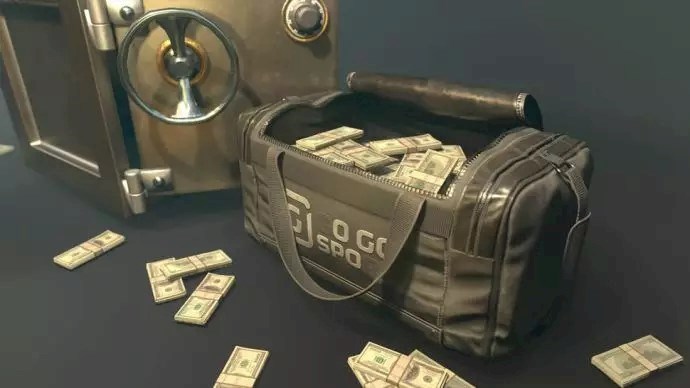Analysis by PMOI/MEK
Iran, September 30, 2021—On September 15, Iranian regime President Ebrahim Raisi introduced a 12-point plan to counter economic and management corruption.
In his cabinet meeting, Raisi claimed that one of the priorities of his government will be identifying corruption bottlenecks and eradicating any ground for the formation of corruption in the government. “Preventing corruption is the responsibility of the government, and prosecuting corruption charges is the responsibility of the judiciary,” Raisi said.
The meaning of countering economic and management corruption that Raisi claimed soon became clear.
"In [Iran’s] thirteenth government, carrots became more expensive due to a media blackout, and no one followed the carrot Sultan! After that, eggs became more expensive and there was still no news of a Sultan. Eventually, we faced high price of rice and even that reached 500,000 rials (about $2) per kilogram. And still no one inquired about the Sultan of rice! Where did these Sultans go that no one is following up on their issues any longer," reads a September 19 piece published by the state-run Aftab Yazd daily.
The Iranian regime is airing news about the execution of individuals involved in massive economic corruption cases. These people are usually businessmen with close ties to regime authorities. State media have dubbed such figures as “Sultans,” describing the high amount of money they have stolen through bribes and their links in the regime’s hierarchy.
These “sultans” have gone nowhere, are linked to the regime, and continue stealing from public property.
"According to the latest official Central Bank report, liquidity has increased by 2,160 trillion rials (around $7.7 billion) in the two months leading up to August alone," according to a September 16 report published by the state-run Etemad daily. This means 67.5 trillion rials (around $128 million) in cash printed each day without any backup assets.
"In 2019 and 2020, parts of the government budget were provided through the foreign exchange rate from the National Development Fund. In simple terms, it means printing banknotes," Etemad continued, quoting Abdolnaser Hemmati, former governor of the regime’s Central Bank.
It is now worth noting that regarding Iran’s economic difficulties we are not dealing with a “Sultan” of carrots or coins, but with the regime’s high-ranking officials who are causing inflation and poverty by printing banknotes.
But the story of the sultans does not end here.
"Banking facilitations have grown by 78 percent but have not reached the people and the producers," according to a September 20 report published by the state-run Farhikhtegan daily.
The Central Bank reports that the payment facilities of banks in the first five months of 2021, increased by 78 percent, reached 9 quadrillion rials (around $32.1 billion).
"Bank loans are serving the purpose of buying and selling assets, rather than facilitating production," Farhikhtegan added.
Of course, the medicine Sultans of the past, who are linked with the Intelligence Ministry and the Revolutionary Guards (IRGC), are continuing to operate in Raisi’s government.
A report published by the state-run Javan Online website on September 27,described the regime’s "Anti-Narcotics Headquarters", which consists of the Ministry of Interior, the regime’s Judiciary, the State Security Forces, the Ministry of Intelligence, and the IRGC as the "Drug Monitoring Headquarters." The turnover of narcotics is 1.67 quadrillion rials (about $6 billion), which provides part of the costs of exporting terrorism and providing for the regime's proxies.
Raisi’s definition of is such that Bahman Arman, a government-linked economist, says: "In such circumstances, the people practically have no purchasing power. There are indications that poverty, which is on the rise in Iran’s society, has spread to such an extent that stealing meat has also become a new norm across the country," says Bahman Arman, a government-linked economist on Raisi’s definition of implementing justice, according to a September 28 report by the state-run Arman daily.
It is worth noting that inflation and skyrocketing prices are the regime’s tools to prevent people from launching uprising. According to a September 28 report published by the state-run Shargh daily, a government expert has ironically warned the regime: "How much power does a society have to withstand these pressures!"
The reality is that fighting corruption in a regime whose supreme leader is the epitome of corruption is a joke. And Raisi’s promises of dealing with corruption are just as hollow as those of his predecessors. But the reality is that the regime has milked the country and the people out of their last rials, and today, the people have nothing more to lose. This is why we’re seeing continued protests across the country despite the regime’s repression, the spread of coronavirus, and dozens of other problems. The regime is playing with corruption by making duplicitous claims about fighting corruption. And it is only a matter of time before the contraption it has created blows up in its own face.





